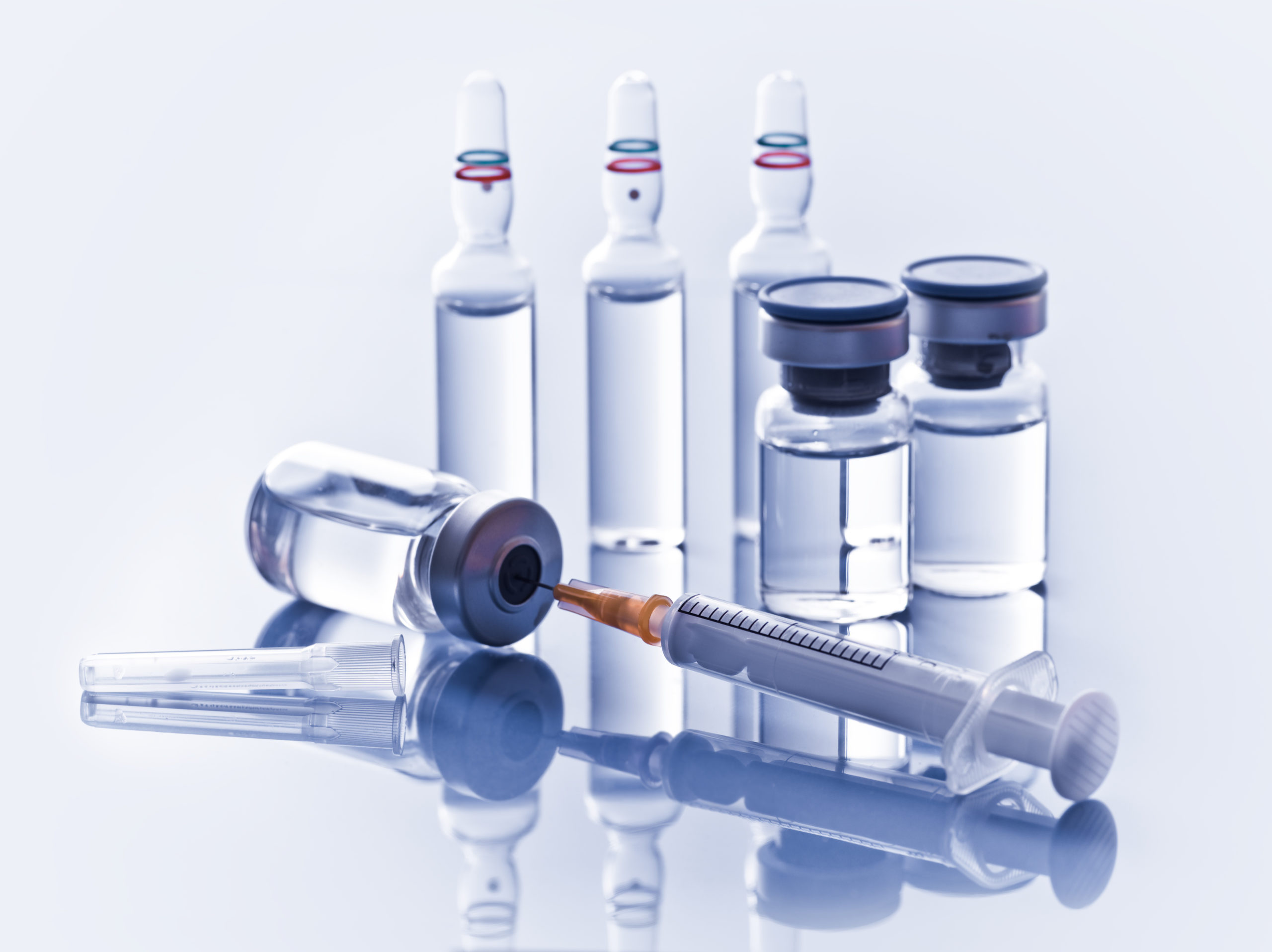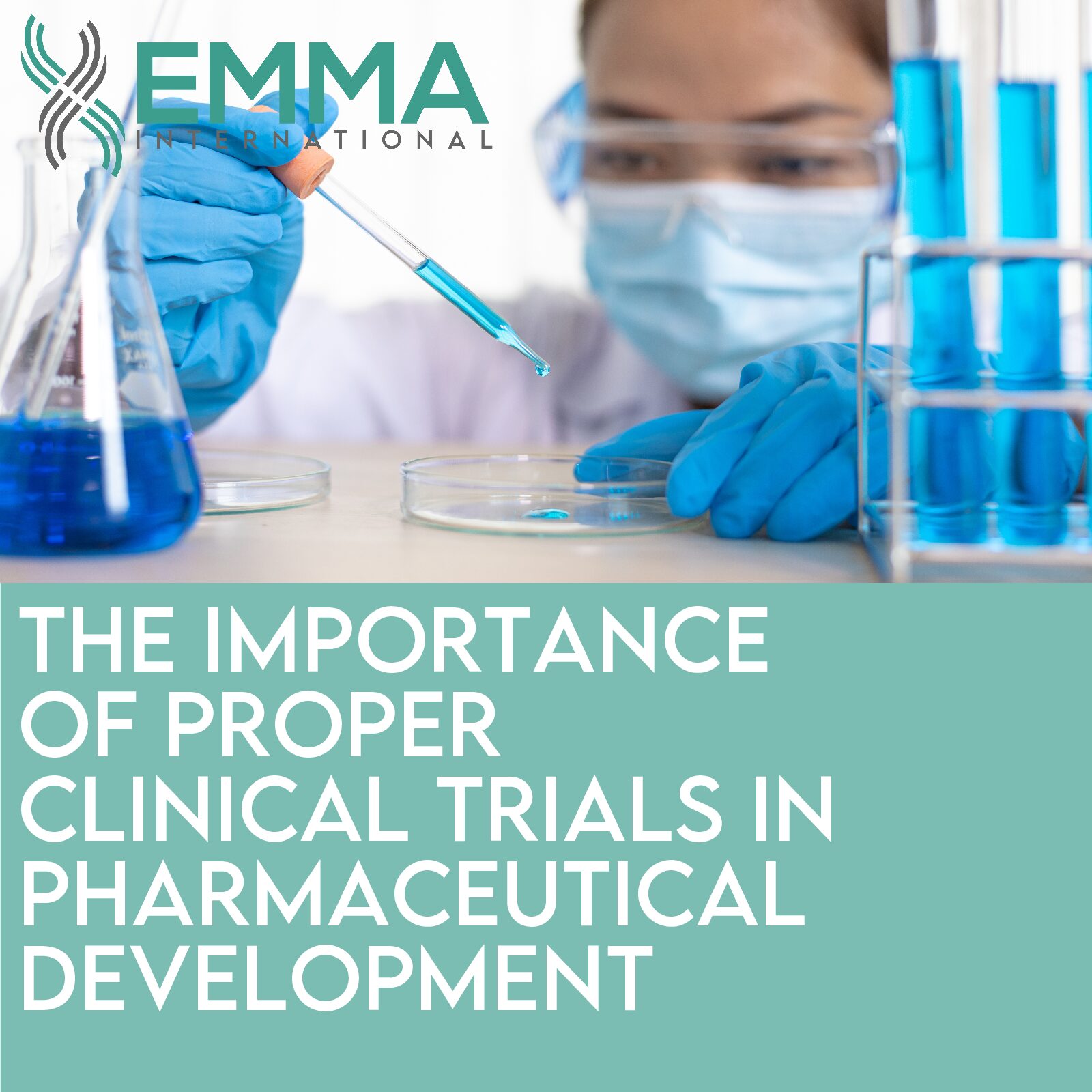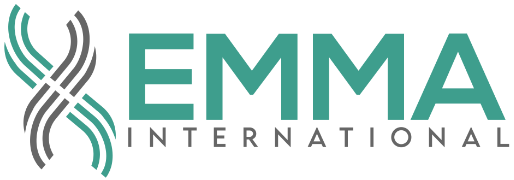Last week, the FDA announced that Pfizer-BioNTech and Moderna will require warning labels for vaccines for young adults and adolescents that are susceptible to rare heart inflammations.
Pfizer and Moderna both faced backlash earlier this year over rarer but extremely severe cases of blood clots, which led to multiple fatalities. After investigations, Johnson & Johnson’s vaccine carries a warning label in the United States.
The ruling to add the warning label comes in direct response to reports of younger adults, especially males, developing heart inflammation. Most of the reports came after the second dose of the mRNA vaccine. The Centers for Disease Control and Prevention, or CDC, stated that over 310 individuals were hospitalized, with only 14 being discharged so far. There have been no reported deaths related to this incident.
Individuals who received the Pfizer vaccine accounted for more of the heart inflammation cases, which is largely due to the FDA’s approval of the shot for those age 12 and over. Moderna and Johnson & Johnson’s vaccines have yet to be FDA-endorsed for individuals under 18. Pfizer vaccine has also come under scrutiny in Europe and Israel for these side effects.
Both Pfizer and Moderna released similar statements, outlining that they and the CDC still encourage vaccinations for eligible individuals and that they will work closely with the FDA and other regulatory authorities on the next steps.
The CDC concluded that the benefits of the vaccines still outweigh the possible risks. The verdict could compel individuals with apprehension to favor other vaccines, like Johnson & Johnson or AstraZeneca1.
EMMA International has been staying on top of all the breaking COVID-19 news, including the unprecedented regulatory changes. Contact us at 248-987-4497 or email info@emmainternational.com to get connected with our team of experts today!
1Pfizer, Moderna COVID-19 vaccines will get label warning over rare heart risk, FDA says. (2021, June 24). FiercePharma. https://www.fiercepharma.com/pharma/fda-says-label-warning-coming-for-heart-inflammation-pfizer-bnt-moderna-covid-19-vaccines






